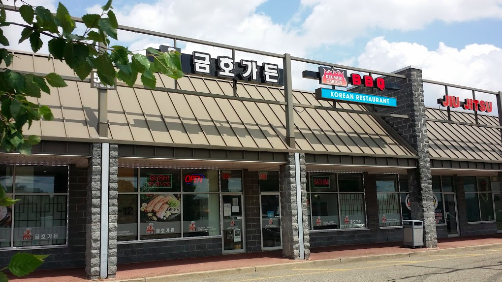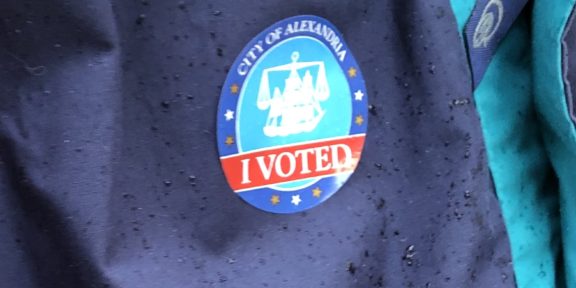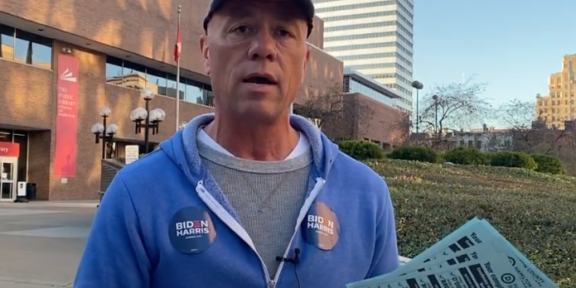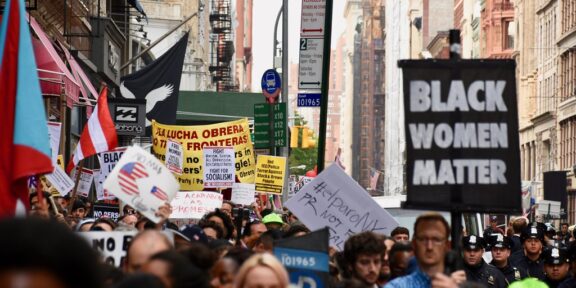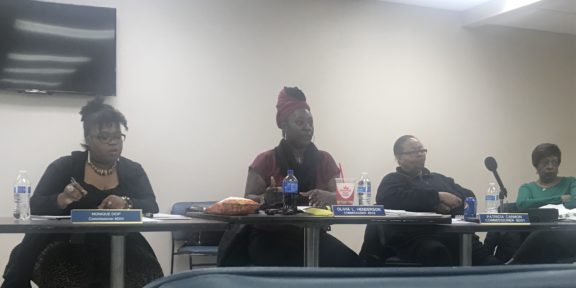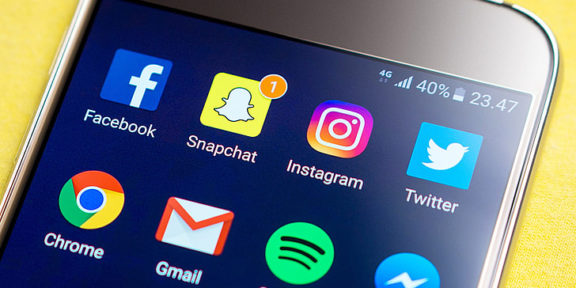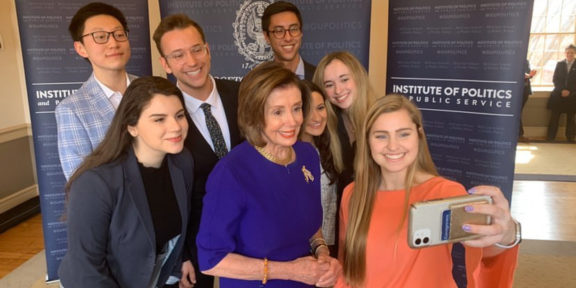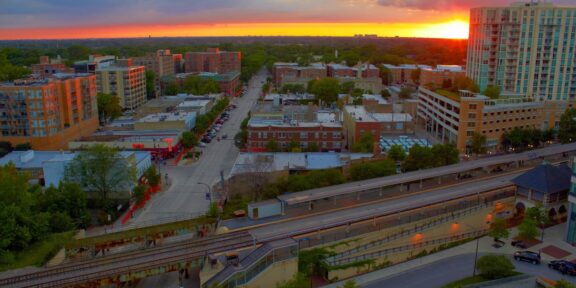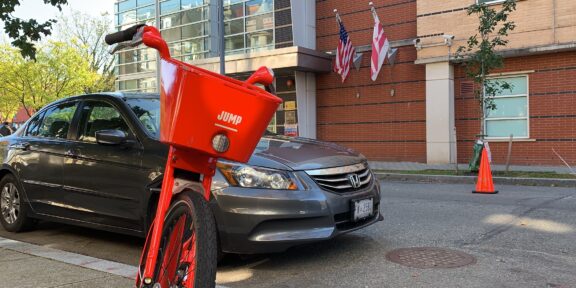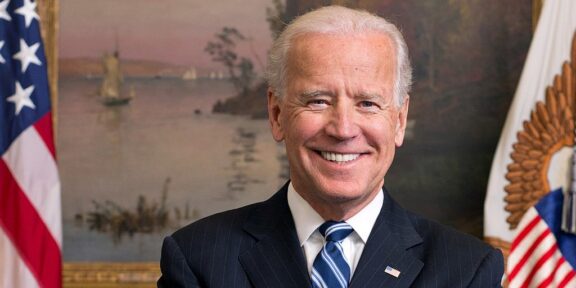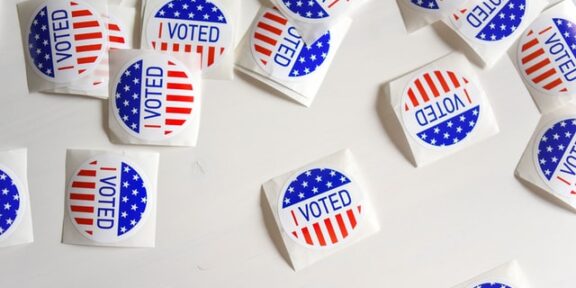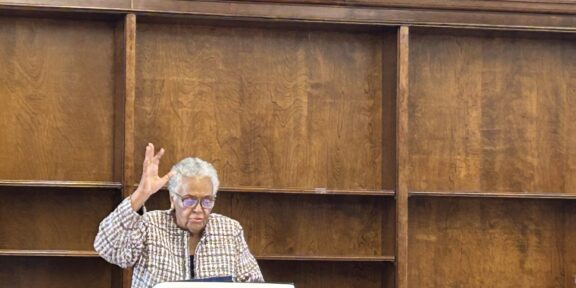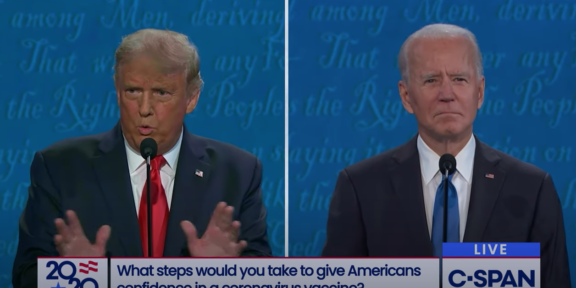By Aquil Starks Jr., Howard University News Service
Spoken-word poet Suzen Baraka shares painful truths of voting in America in a powerful video titled “Poet Suzen Baraka Tells the Truth about Voting,” a chilling, reflective poem that holds America accountable for its oppression against Black and Brown people. Directed by Jami Ramberan, a longtime friend of Baraka, the work focuses on social issues like immigration, the war on drugs and the prison industrial complex. Baraka draws on her own experience to let people know that their voices hold power despite government actions that fuel hate towards them.“How do I write a poem about voting when I’m sitting here filling out applications… my mother relies on me to help save her Korean restaurant,” she says in one scene. According to Baraka, that event was one of two that led her to share how voiceless she felt in trying to save her mother’s small family business.
“My mother’s business was struggling; she wasn’t even making 10% of what she used to make,” she says. “The small business market that we had has completely deteriorated. I don’t know how we are going to get through this.”

Her family is among countless numbers of small businesses, particularly those owned by people of color, that failed to receive promised government assistance loans to help keep their doors open.
Baraka said she filled out forms for the New Jersey Emergency Disaster Assistance (NJEDA) and the Paycheck Protection Program (PPP) business loans on the behalf of her mother. But she rarely received any follow up, until the very last minute. By then her mother’s business was in debt and she was told there was nothing they could do for her.
Adding to that pain, Baraka’s mother also faced anti-Asian reactions from a white woman in a grocery market. “As soon as the white woman saw my mother’s face,” Baraka said, “she covered her mouth.” Those two moments tapped into her emotions and her grief for the innocent lives being stolen by those who swear to protect citizens only to harm them.
In the case of Breonna Taylor, Baraka asks, “How do we dismantle those mechanisms of power?” She suggests prosecutors like Daniel Cameron are only part of the problem. “It’s not about Daniel Kameron,” she says. It’s about the power structure that supports his actions that target people Black and Brown people and those with less power.
About voting, Baraka suggests that it is not the only call to action that people must hone in on. Voting is vital she says, as evidenced by the overwhelming efforts at voter suppression. She calls it out: “With 700,000 canceled on a single night in July … and that’s just Georgia.” That line touches on how African Americans participate in a system that never accounted for us. Her work suggests it’s the reason why some push so hard to have our voices erased, an effort that is antithetical to the foundation on which this nation was built.
Baraka was at ease once she was given a chance to express her pain through her art. The imagery in the video is well crafted. One scene especially stands out in which Baraka wears a blue, red, and white dress standing behind the White House, holding a fan of voter registration forms as her voiceover denounces voter suppression. In another symbolic scene many faces are wearing black masks stitched with words in support of Black lives. It’s that small attention to detail that pulls viewers into what Baraka has to say and helps them to fully contextualize her message.
Asked what she wants her audience to gain from the video, Baraka reluctantly says, “We have power.” Accessing that power was her struggle when she created the words to match her emotions. What she was experiencing made her feel powerless like so many others during this time of unrest and ill health. Baraka had to remind herself of her own power and reclaim it. Her work reminds us that not only are our voices power, they also are a gift to be used in pursuit of justice.

